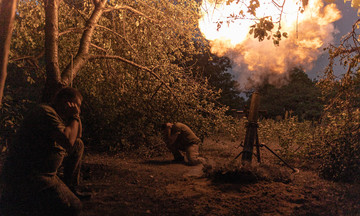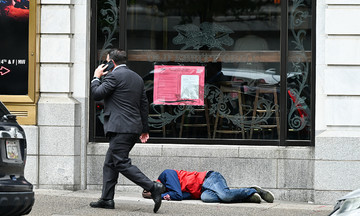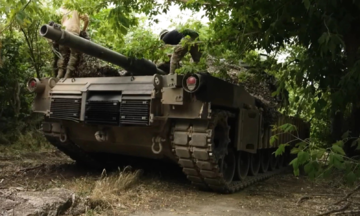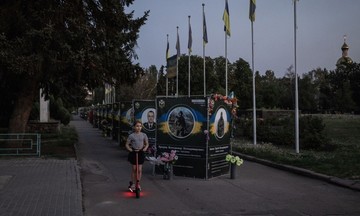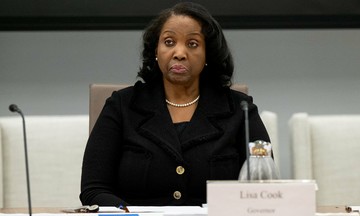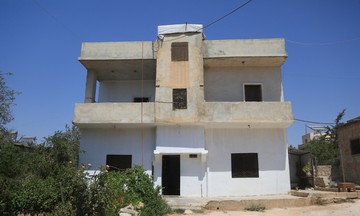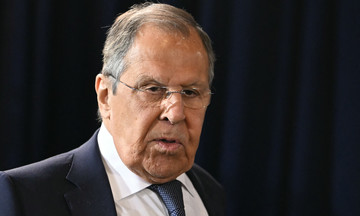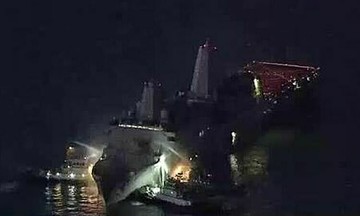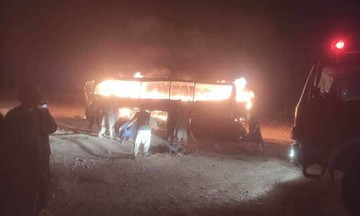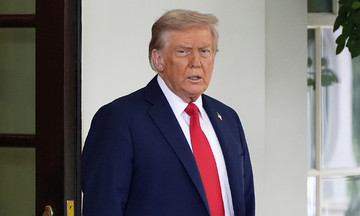Hezbollah leader Naim Qassem warned today that the Lebanese government will "bear full responsibility for any internal explosion or destruction in Lebanon" if it proceeds with its plan to disarm the group.
Qassem affirmed that Hezbollah has no intention of relinquishing its weapons, warning that Lebanon could descend into civil war and be "destroyed" if the government confronts them.
He condemned the government's 5/8 decision as a "plan to disarm the resistance," referring to the anti-Israel movement. He also expressed concern that the disarmament plan would pave the way for crackdowns on Hezbollah members.
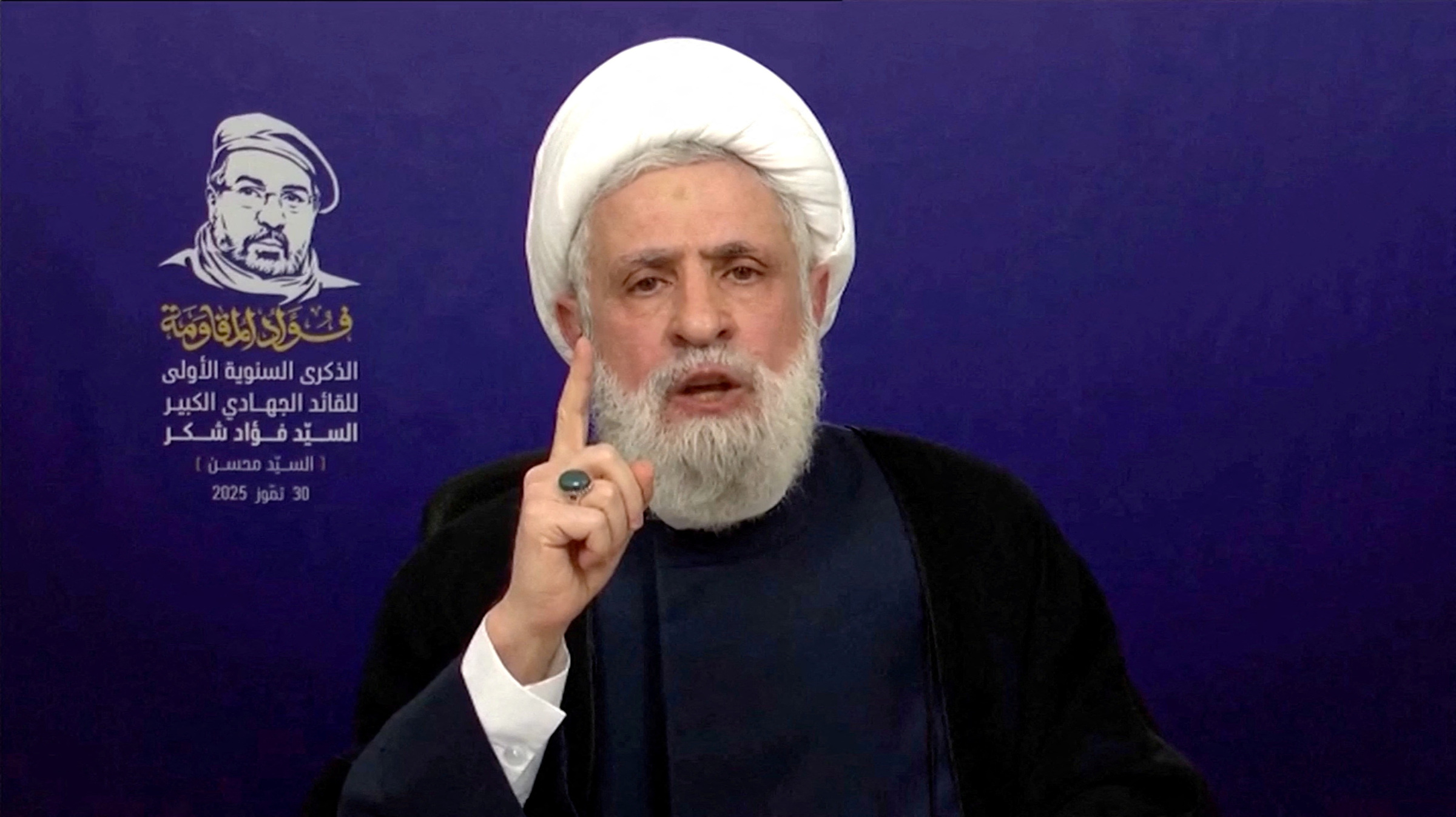 |
Leader Naim Qassem speaking on Lebanese television on 30/7. Photo: Reuters |
Leader Naim Qassem speaking on Lebanese television on 30/7. Photo: Reuters
The leader of the armed group accused the Lebanese cabinet of carrying out "orders from the US and Israel" despite the risk of internal unrest. He warned that Hezbollah would call for widespread protests, and "may even march to the US consulate in Lebanon."
Qassem criticized the Lebanese government's plan for not focusing on ending Israel's military presence in the territory, but instead aiming to strip Hezbollah of its power. He called on Beirut to prepare to confront Tel Aviv rather than implement the "exclusive armament" plan.
"We have emphasized many times: the conflict must end, and Israel must be pushed out of Lebanese territory. Only then will we be ready to cooperate with the government on all aspects of national and strategic security discussions," the Hezbollah leader said.
The Lebanese government has not yet commented on these statements.
Prime Minister Nawaf Salam announced on 5/8 that the Lebanese government had tasked the Ministry of Defense with developing a plan to "limit all weapons to the army and state security forces, to be completed before the end of this year." The Lebanese army is expected to present the implementation plan at the end of the month for discussion and approval.
This move aims to implement the ceasefire agreement with Israel from 11/2024, amidst increasing pressure from the US on the Lebanese government.
Hezbollah was formed in the early 1980s with the backing of Iran's Islamic Revolutionary Guard Corps to fight against Israel. The group is not only an armed organization but also holds significant social, religious, and political influence within the Shiite Muslim community in Lebanon. Hezbollah's political wing and its allies control nearly half the seats in the Lebanese parliament and hold several cabinet positions.
Hezbollah was once considered the most influential faction in Lebanon and has been repeatedly criticized for using its armed strength to influence domestic policy. However, the group's prestige and power have declined after the conflict with Israel.
Israel has continued to launch airstrikes on Lebanese territory in recent months despite the ceasefire agreement, warning they will continue until Hezbollah is disarmed.
The international community has also linked aid to Lebanon with the process of disarming Hezbollah. President Joseph Aoun emphasized at the end of July that Lebanon is committed to "removing weapons from all armed groups, including Hezbollah, and handing them over to the army." He warned that the country is facing a decisive period and "must choose between collapse or stability."
Thanh Danh (AFP, Reuters, Shafaq, LBC)



